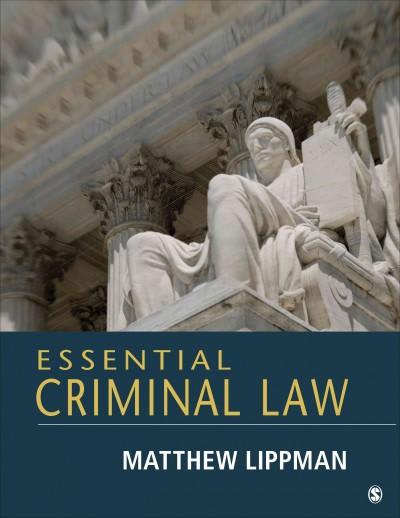Khee San states that the banks owe them a duty of care to make reasonable enquiries to ensure that the transactions were genuine before allowing the drawdowns. Its counter-suit against Alliance Bank stands out. In its statement, it claims that the bank had negligently drawn down RM892,000 to Secret Ingredients Son Bhd (515B), which is fictitious, as there was no genuine proof of transactions attached to it. Notably, SISB is linked to LBB. The former came into the spotlight after LBB's external auditors brought up in its FY2018 financial statements that there was a significant transaction between the two companies and that it was indicative of a related-party relationship despite the absence of a legal connection. However, LBB's management disagreed. 5158 was a shareholder of Khee San, according to the latter's FY2017 annual report, holding 1.57%. It appears to have ceased to be a shareholder of the company since. Kok Puh Chin, the major shareholder of $156, remained a shareholder of Khee San, however, with 0.69% interest as at April 23, 2018, according to its FY2018 annual report, which is also its last. Besides its action against the banks, on Sept 28, Khee San filed a writ of summons against Liew, claiming that the company had uncovered fraudulent schemes perpetrated by him from Oct 1, 2018 to July 4, 2019 by reason of his ability to control or dictate the business and financial operations of the company. Red flags aplenty In hindsight, there were many red flags prior to the actions taken by the banks. Besides the issue of having Liew directly in charge of all matters relating to banking facilities while Khee San's accounting functions were left to LBB, the composition of the board and senior management is also telling. Based on the FY2018 annual report, there were a total of nine directors on the board, with six listed as independent. Other than Liew, however, two individuals on the board - Leslie Looi Meng and Huang Yan Teo - were also directors of LBB. Liew's sister Liew Yet Mei was also on the board as an alternate director to Liew. Interestingly, the company made no mention of a financial controller role in its FY2018 annual report, but it did have an accountant, Yap Chun Chih, as part of its senior management. Furthermore, Liew was CEO of Khee San until he relinquished his position on Jan 5, 2017. He was succeeded by Edward Tan Juan Peng. Liew was appointed chairman after his father, Datuk Sri Liew Kuak Hin, resigned from the position on Dec 15, 2016. The question is, how did the board members and senior management overlook Liew's alleged misdeeds? In May 2018, the Securities Commission Malaysia fined Khee San directors for their failure to prepare the group's and company's audited financial statements in accordance with approved accounting standards for the financial years ended June 30, 2015 and June 30, 2016. The accounts for those years had to be restated and reaudited. Looking at Khee San's FY2018 annual report, several developments raise eyebrows. The group, which reported an 18-month financial period (FPE2018) because of a change in its financial year-end from June 30, 2017 to Dec 31, 2018, saw a 79% rise in revenue to RM258.63 million compared with FY2017, attributable to "newly secured customers". While sales increased because of more new customers, so did its trade receivables, as the company reported higher credit sales during FPE2018. Trade receivables in its balance sheet increased to RM114.2 million in FPE2018 from RM60.08 million in FY2017. It is interesting that the normal credit terms of the company ranges from immediate payment to 180 days. Khee San's other payables and accruals also saw a sharp spike in FPE2018 to RM81.73 million from just RM2.71 million in FY2017. The increase is largely related to RM75.13 million, assumed to be due to LBB, given that the accounts indicated that it was payable to "a major corporate shareholder with a common director in the company". LBB was the largest shareholder of Khee San at that point. In its related-party transaction (RPT) for the year, there was an amount of RM71.89 million in purchases from LBB, for which the nature of the transaction was not defined. Meanwhile, in other payables was also an amount of RM626,446 that was "due to a person connected to one of the directors in the company". Khee San's RPT also saw a substantial increase in sales in FPE2018, rising to RM56.8 million that year from RM36.77 million in FY2017







